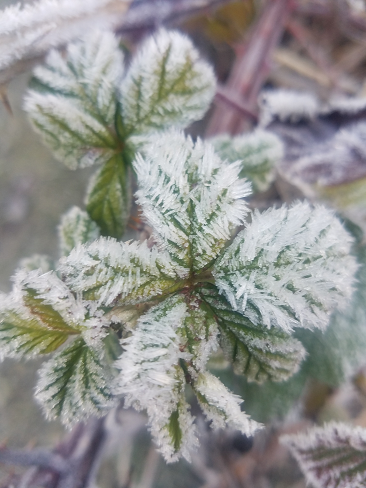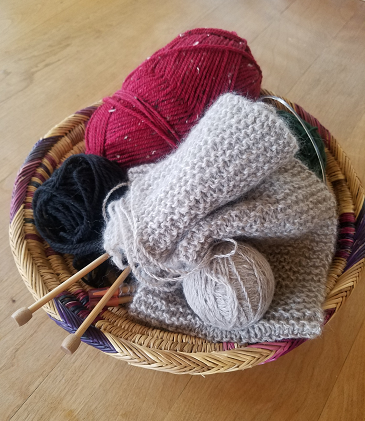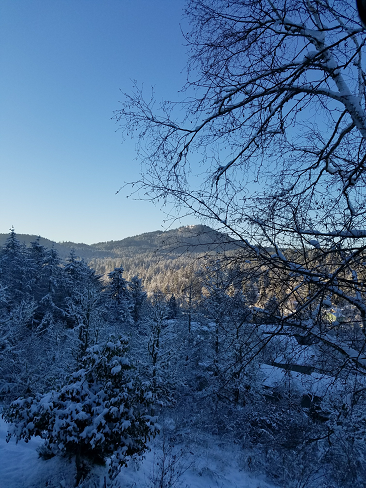
Woolgathering once literally referred to the act of gathering loose tufts of wool caught on bushes and fences as sheep passed by… by mid-16th century the word woolgathering came to suggest the act of indulging in purposeless mind-wandering.
Merriam-Webster Dictionary
Gather wool: hands forever stiff with plucking tufts from stiles and bramble.
Many or most get lost at the beginning, wandering about to find wool, a flock of sheep. Sheep do not volunteer to be stripped of their riches. Gathering wool is the chaotic business of first drafts, of culling a beast from the herd. The bleater must be driven through a chute into a small stifling shed. (Having a dog bred and trained for this purpose helps, but weaving a collie into this extended analogy is awkward.)
With the bawling sheep secured in the shearing shed, there is a tussle to throttle the beast and pin it to the straw. I confess I’ve never sheared a sheep, though I’ve hacked many dreadful first drafts. I’ve seen it done. It’s hot, dirty, bloody business, both for the shearer and the sheep. Words must be brawled down like fleece into a heap of filthy wool.
When the fleece is finally stripped and spread across the shed floor, the trembling sheep is allowed to return to pasture, a naked rustic muse. The creature spent the winter grazing in muddy pasture, dragging her belly through weeds rife with burrs, dribbling poop down her backside. Fouled wool will never do for knitting, no.
The fleece must be cleaned. First it must be skirted and then it must be washed. Skirting is vile work, but it is a first draft. Print out the pages, spread them across the kitchen table, and scan for chunks of dried poop, clumps of hay, cockleburs and caked mud. (Don’t overthink, we are nowhere near killing our darlings.) Pick out the noxious bits. A snippet from the Craftsy website applies so literally:
“Yellowed or brittle sections should be removed. You can always set some aside and come back to it later to see if it can be salvaged for other uses.”
Compromised wool unsuited to the current piece at hand might be recycled into a poem. While it’s wise to preserve a first draft intact in the raw original form, I am guilty of continually overwriting while revising. Someday I’ll open a folder for every project and save each file version. Perhaps one day I’ll organize my sock drawer and spice cabinet as well.
Toss aside the nasty bits. Throw them out. Passive voice, “to be” verb formations, tense disagreements, blundering word choices, all go into the black plastic bag. Next, stuff all the skirted wool into a mesh bag to wash. At this stage in writing, one pauses to ruminate, considering on the structure and thesis of the entire project. I ponder in the shower.
Sheep wool is covered in grease called lanolin. This natural oil is excreted from the body of the sheep and saturates its coat. Due to this oil, sheep are waterproof and able to contentedly graze over many days of soaking rain. One needs to wash away excess lanolin. We come to divide the worthy wool, the words that will stand, from the dross.
Fill a tub with hot water and squirt in a generous measure of liquid soap. Do not use your own washing machine as this will only result in remorse. Go for a walk. St. Augustine wrote that solutions arrive when walking (solvitur ambulando) and he seems trustworthy. Let the wool absorb the water and soap, but don’t let the water cool or the lanolin will not wash away.
Repeat four or five more times. Rinse well. Spread the wool out flat to dry for several days. Print the piece of writing. Place it on the kitchen counter, near enough to scribble in the margins between peeling carrots and chopping them. Let it sit. Make notes. Re-read the paragraph you were so proud of and strike it. Reconsider and write “stet” in big block letters.
Once the wool is dry, comes teasing and carding. I have never done this. I am relying on the internet to help extend this metaphor as far as it will go. I do knit, however. I have observed other hardy handy souls carding wool and spinning it into yarn. Carding wool further cleans, straightens, and separates the fibers, hence the apt cliché of going over a page with a fine-tooth comb. It is here, finally, when you return to the work to restructure it, reinvent it, and rebuild it to be both worthy and whole.
After the wool is carded, it’s spun into yarn. This is an art unto itself, one that requires rhythm and tactile intelligence. This cannot be taught. This might be learned. Spinning is the nebulous writing gift talent. We will leave the spinner, a Clotho of the dark sisterly Moirai, to work her magic.
Only now and finally, is there a skein of yarn. Do not knit from this skein, as it will only tangle. Wind the yarn into a ball that will not ravel as it unrolls. As you wind, dream the words, hear their music, and smooth the stray strand back into the twisted fiber. Select the needles and note the pattern, count the stitches as you cast on.
Read the piece and read it again. Read until you know the words without reading them. Print another copy to leave at hand near the kitchen sink. Consider the root of each word; reconsider that phrase, chain by chain, stitch by stich, row by row, work through the yarn’s tension until the skein is dealt, the work ready to cast off. Bind it well.









